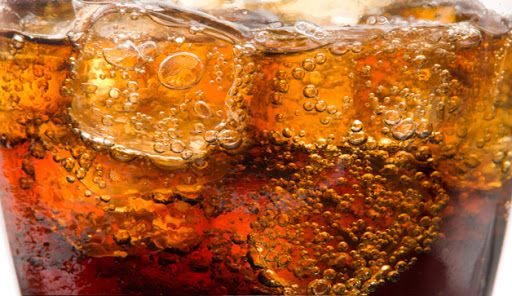In at least five other entities in Mexico, lawmakers have tabled proposals to ban or restrict the sale of high-sugar soft drinks and high-carbohydrate snacks to children under 18 years of age.
These are Chihuahua, Sinaloa, Hidalgo, Zacatecas and Mexico City, according to a report by IHS Markit.
Since two of the states of the country, Oaxaca and Tabasco, have approved measures to prohibit the sale of soft drinks and snacks with high carbohydrate content to children.
In addition, according to Ernesto Algaba Reyes, who leads the Life Sciences practice at the Hogan and Lovells law firm in Mexico City, similar bans are being discussed in nine other of Mexico’s 31 states, including the state of Mexico. , the most populous state in the country.
Even more. Reyes says a proposed federal measure that seeks to ban the advertising of high-calorie foods to children is also under discussion and has a good chance of moving forward soon.
«That is still a very early draft, but it is very likely to be something of great interest in the next few weeks, or maybe months,» Reyes told IHS Markit on August 20. «That is still a very early draft that was published in the National Commission for Regulatory Improvement and some companies have already submitted comments (on it).»
Soft drinks
Mexico is also a world leader in childhood obesity, with 34% of children aged 5 to 11 classified as obese and 35% of adolescents (12 to 19) overweight or obese.
This, along with mounting evidence that being overweight increases the risk associated with coronavirus infections, appears to be the driving force behind new state soda and junk food bans in Mexico.
The Oaxaca ban, which was adopted on August 5 with a 31-1 vote, was the first of the new so-called «anti-junk law» or state laws against junk food. The ban in Oaxaca, the state of Mexico with the highest rate of childhood obesity, prohibits the sale of unhealthy products such as potato chips, candy, soft drinks and other high-calorie products to those under 18 years of age.
Tabasco officials followed suit and on Monday (August 17) adopted a similar restriction, effectively placing junk food and soft drinks in the same sales category as cigarettes and alcohol.

The two measures have similar characteristics, Reyes said, and include language that would ban the sale of high-calorie beverages and snacks in schools and prohibit the operation of vending machines on school grounds. Both measures also include an exception, which allows the purchase of such food or drinks when the child is accompanied by a parent.
![]()

